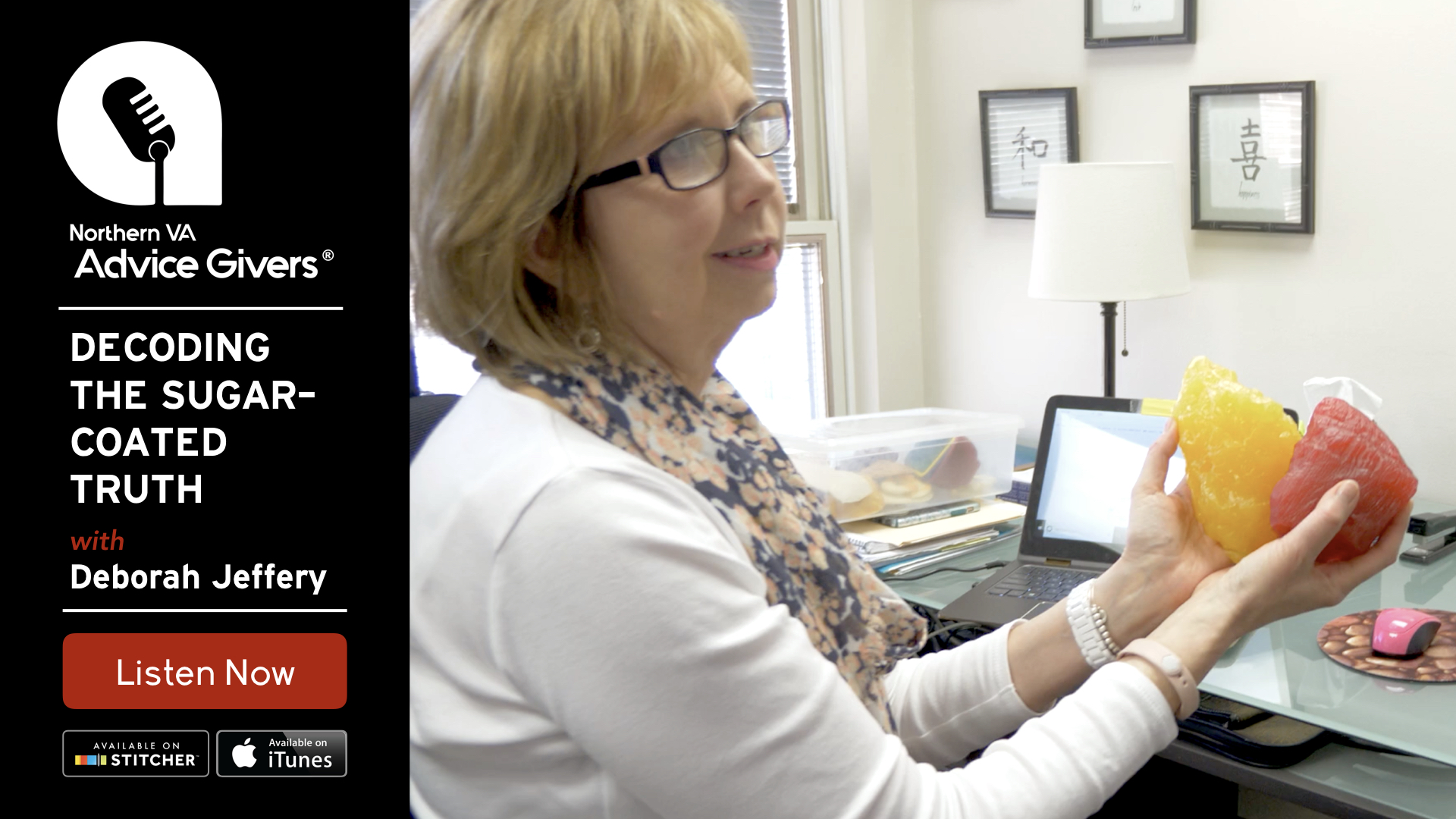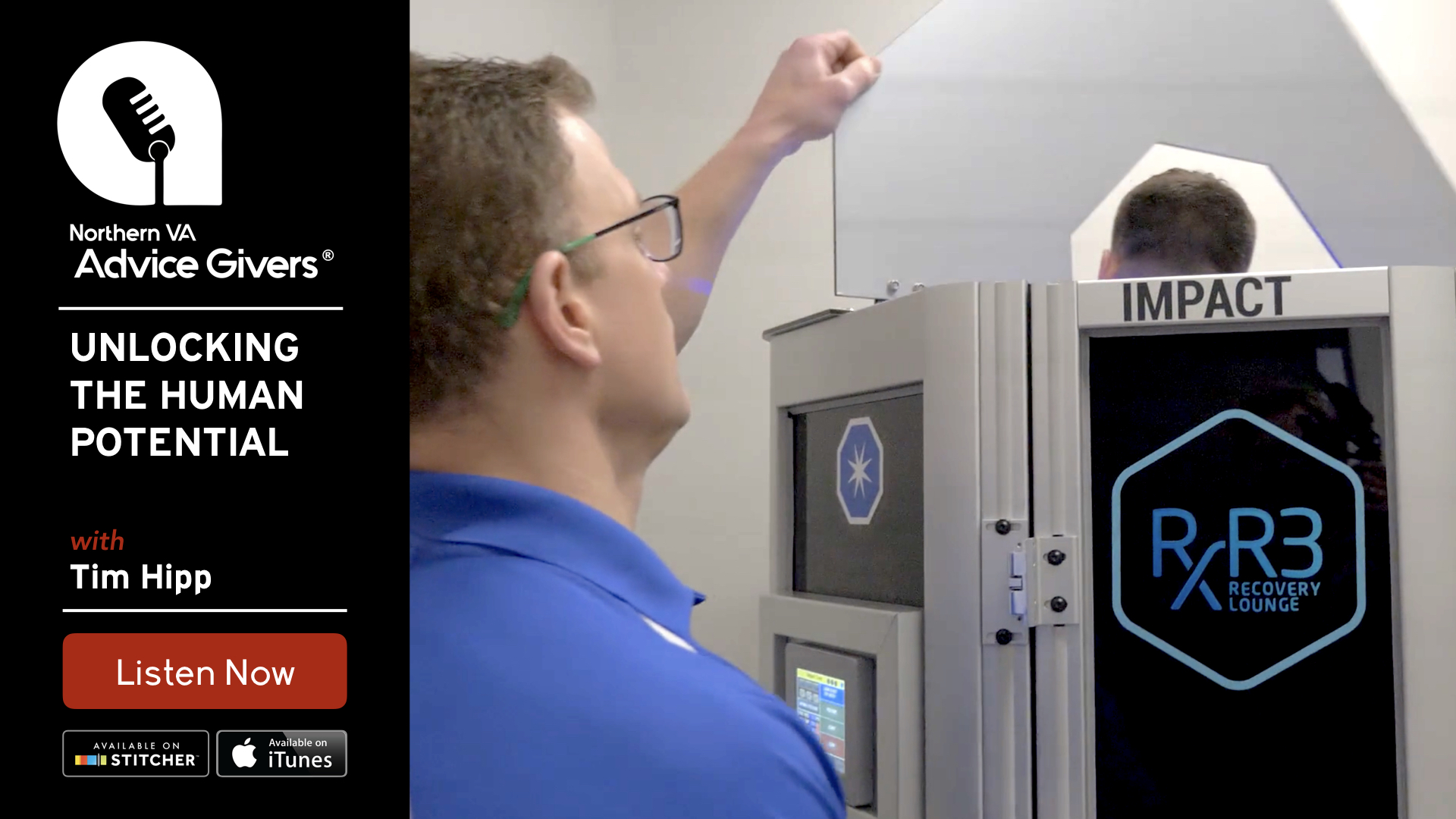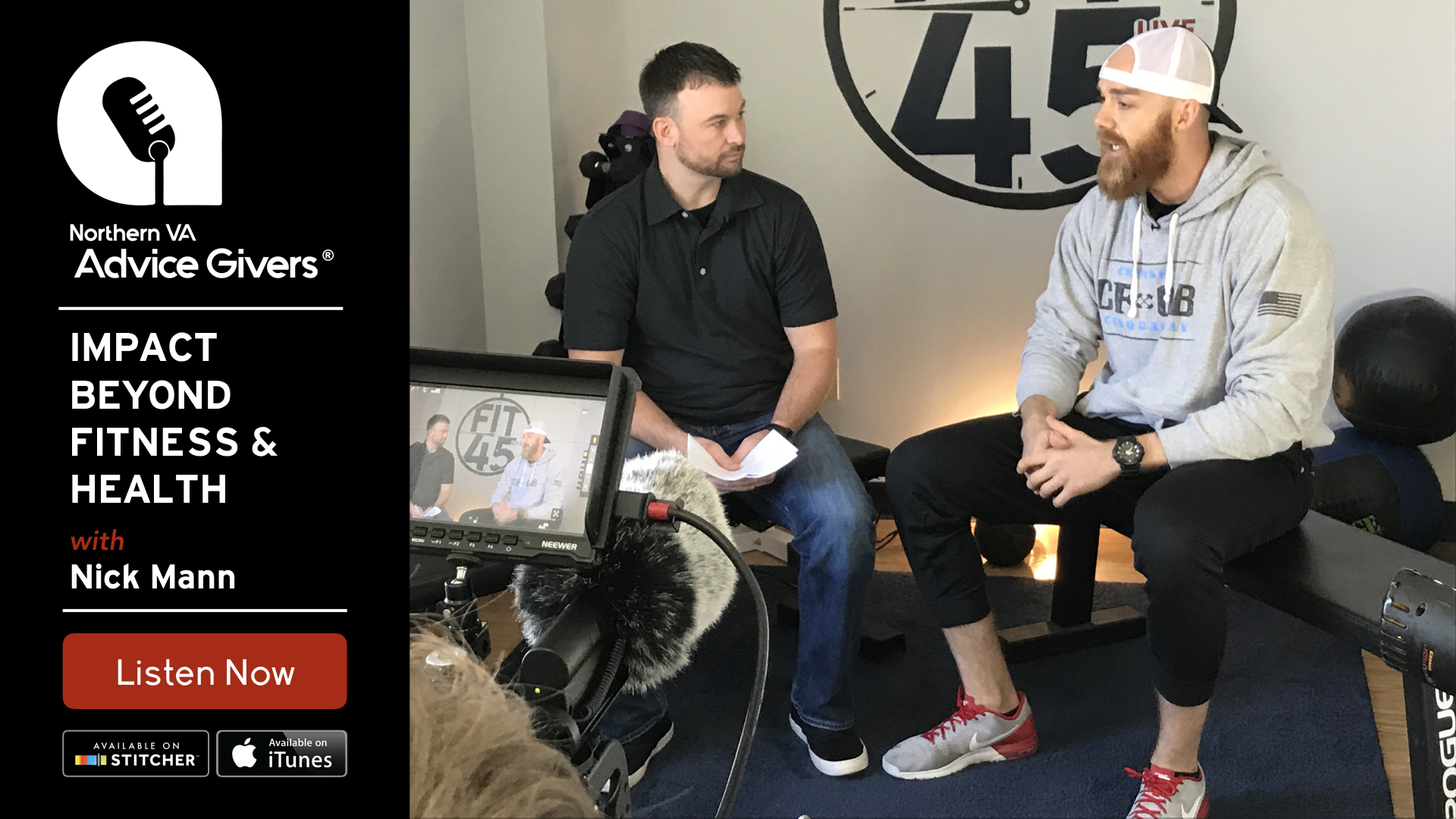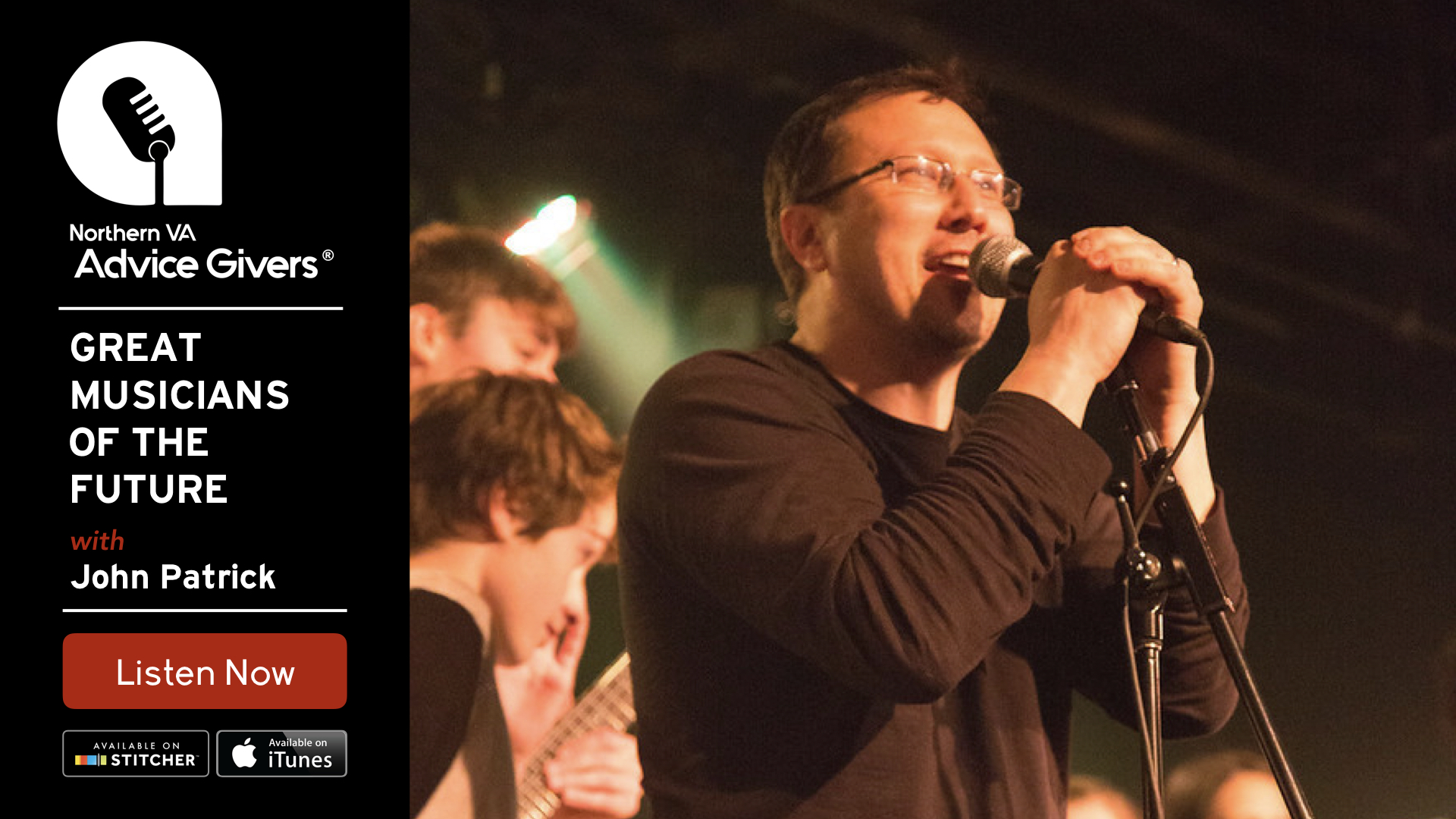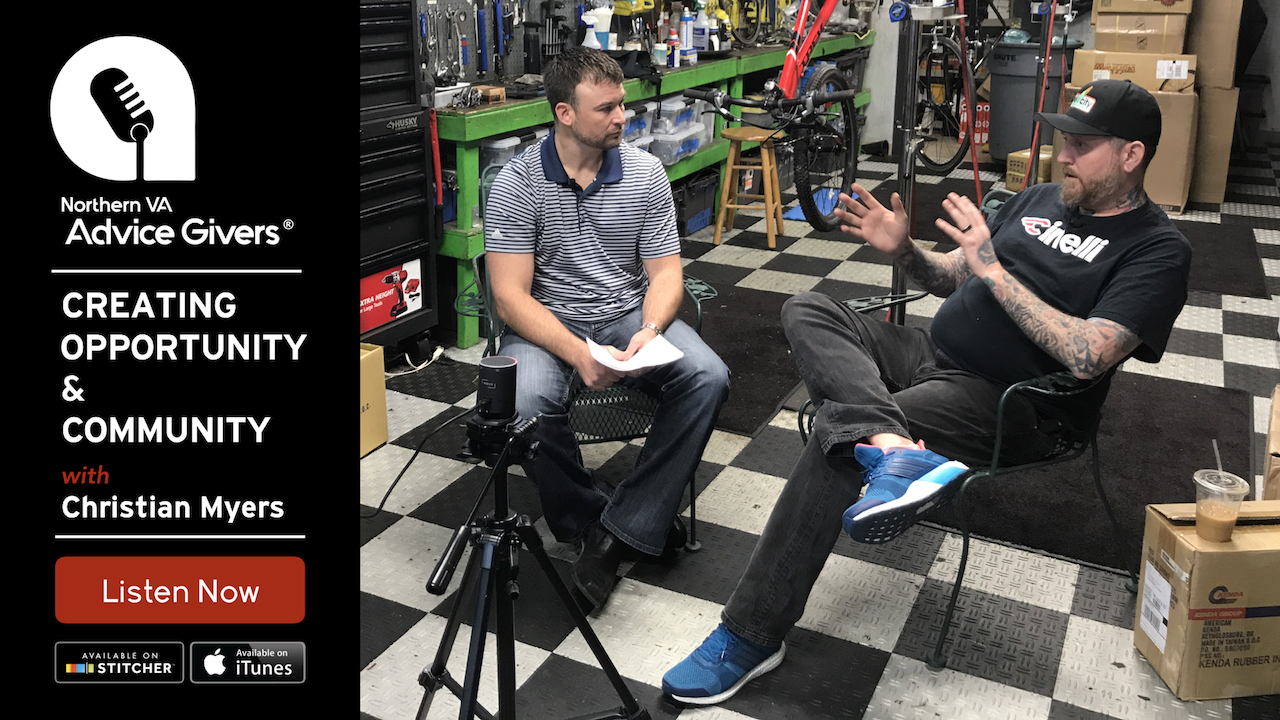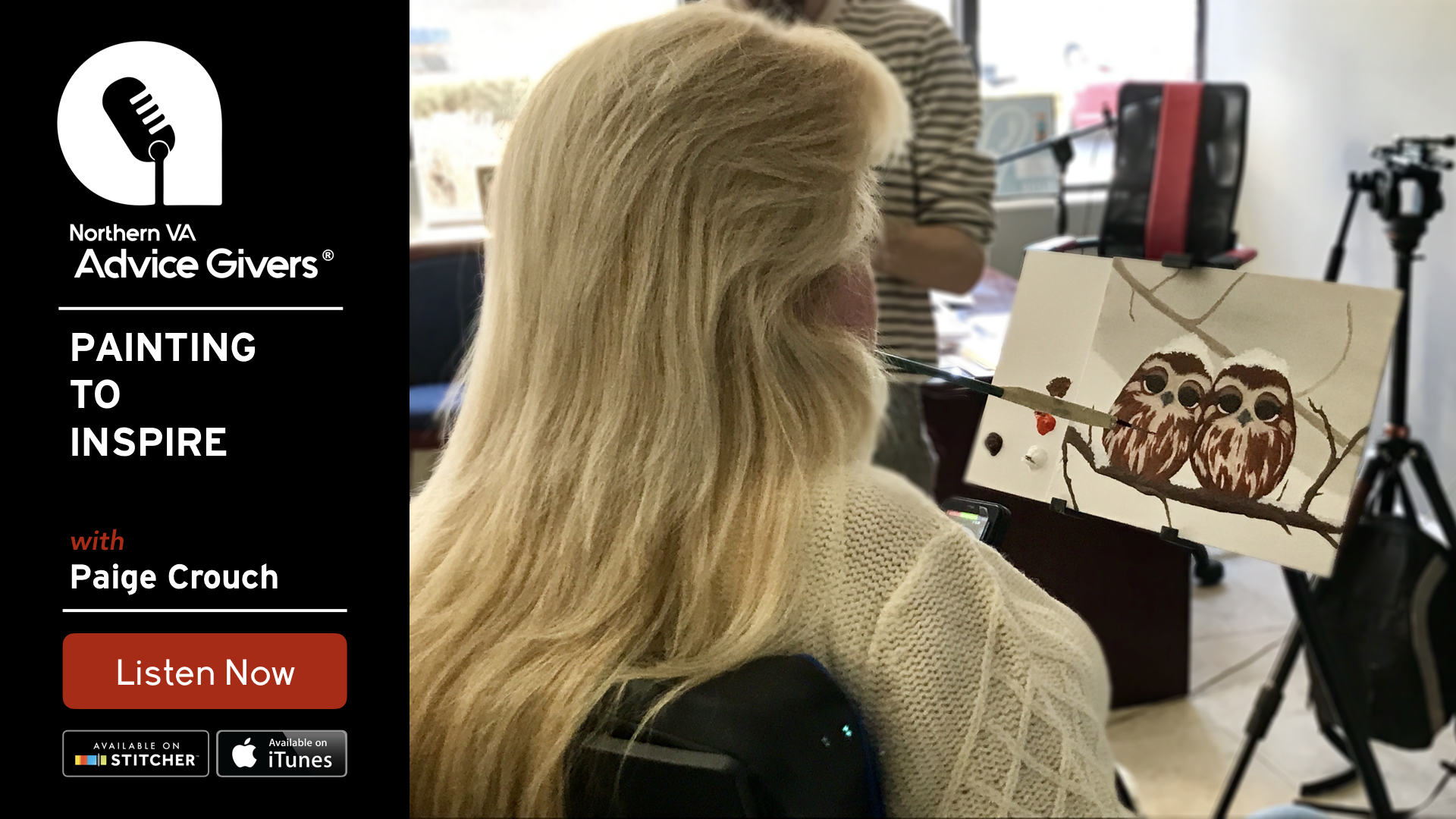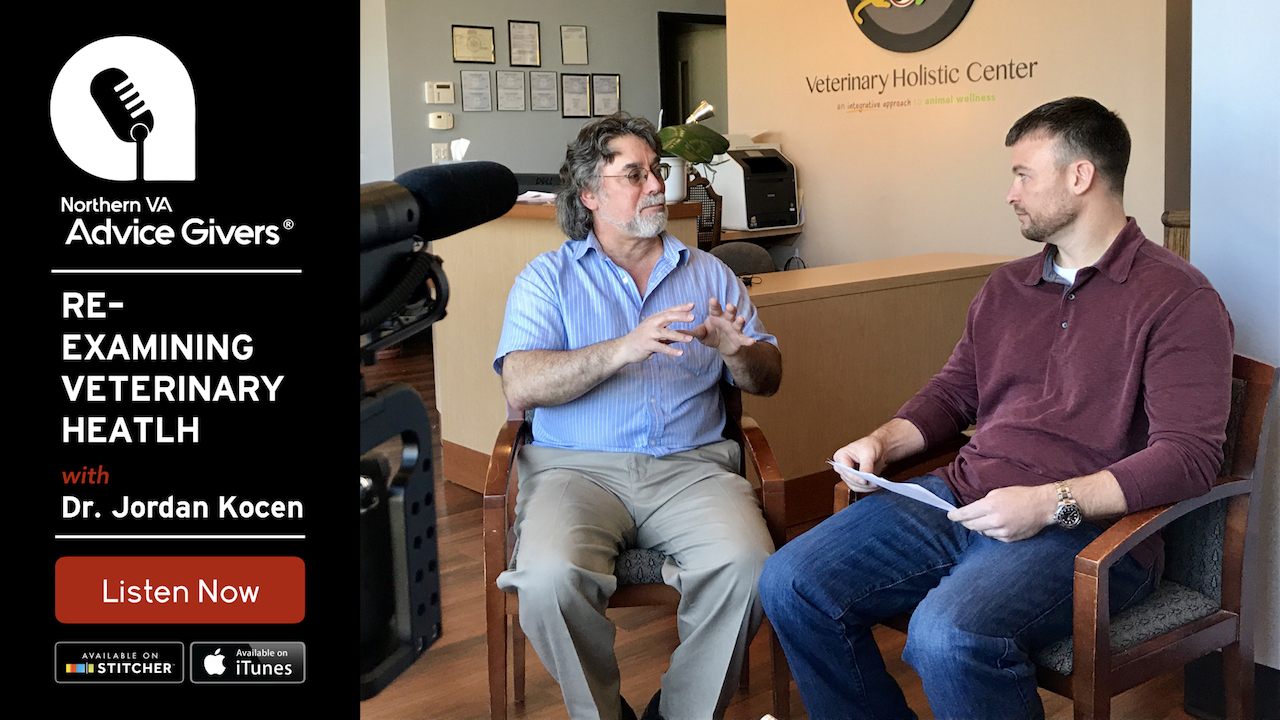Deborah Jeffery
When Deborah Jeffery was a child, she wanted to be a nurse. However, as her mother was baking cookies one day, she cut herself badly on a broken glass bowl. “As soon as I saw the blood, I got this very nauseous, light-headed feeling,” says Deborah. “I knew nursing was out of the question.” In high school, she took a class that began explaining what different vitamins did for the body. “That’s when I started to get interested and decided that that’s what I would study,” she says.
Deborah became a registered dietitian and had been working on a pediatric metabolic unit in Philadelphia when her family moved to Virginia for her husband’s job. She took some time off to help her two sons acclimate to the move, but contacted the local society of the Dietetic Association. “They had a request from a personal trainer who owned a small training studio, and he was looking for a dietitian to help his clients with weight loss,” says Deborah. The part-time basis sounded good to her. “That’s how my private practice got started.” Fairfax Nutrition was born.
Small Steps
People develop eating patterns in their childhoods, and those patterns become habits as they age. Breaking habits is a difficult thing to do, and there is no magic quick fix for it. Deborah recommends making small changes. “My clients who do the best make small changes. They make a small, easy change, make that their new habit, [and] build on that,” she says. “Then they reach their goals.”
A change could be as small as adding a few more fruits and vegetables to your diet. People want to make drastic changes, like going from a fast food-based diet to an all-organic, natural diet, which is great, but just not going to happen overnight. Set realistic expectations, take baby steps, add momentum, and then add in more changes. “Pick that change that’s easy to make, do it repeatedly until it becomes a habit, and then pick the next thing,” she says.
Food Myths and Misinformation
Another easy change is deciding not to believe everything you read on the internet about food. “There’s just so much misinformation,” says Deborah. “People have all these bad ideas. They go out on the internet, they go to sites that are selling supplements or blogs that just don’t have good information. That’s a big problem.” She has to spend a lot of time dispelling food myths and bad information for her clients.
Often there’s information that looks like information, but it’s really just an advertisement. “Be careful of the source, and if they’re trying to sell you something, verify that information,” she says.
A current popular piece of misinformation is that people should avoid sugar. “So people will be reluctant to eat fruit, because they know that the carbohydrate in fruit turns into sugar in the body,” Deborah says. “The word that’s missing there is ‘added’ sugar, the refined, processed stuff. That’s what you want to avoid.” When you eat fruit, you’re getting vitamins, minerals, antioxidants, phytonutrients, and fiber. “You want to eat that.”
Getting Habits to Work for You
One large deterrent for people starting a weight loss journey is food preparation. They commute for an hour to work, work all day, commute for an hour home, have to pick up and care for the kids, and don’t want to cook. “They have this conception that if they can’t go home and prepare this lovely meal, then they’re not going to do it,” says Deborah. However, there’s a difference between a golden standard gourmet meal and a meal that’s good enough. If all you have the time and energy for is making turkey sandwiches on good whole grain bread with some raw vegetables or a salad, that’s a decent dinner. “It doesn’t have to be a gourmet meal,” she says.
When she was young, meals went on a cycle. Maybe Monday was spaghetti night and Tuesday was baked chicken night. It seemed boring at the time, but now Deborah sees the wisdom in it — you know what you’re going to prepare, you have the ingredients, the habit and structure is set, and you’re not overthinking it. You can have variety when you eat out, but for home cooked meals, habits can work in your favor and take some of the pain out of food preparation.
Mindset Changes
Clients have to want to change. They have to want to go down a different path. Motivation doesn’t come from your doctor, health, or Deborah. It comes from you. “If you have your second heart attack and the doctor’s saying lose weight and exercise and you’re not doing it, I just couldn’t imagine what I could say to motivate you,” she says.
Once you have changed your mindset to truly want to change, Deborah helps with her information, guidance, and support. “I try to be very encouraging when I work with my clients,” she says. “I feel part of my job is being that support.” There may be setbacks along the way, but that’s why it’s a journey. You can still do it. Recognize the challenge and move forward.
Find out more about Deborah and Fairfax Nutrition on the website.

